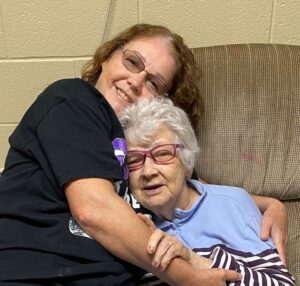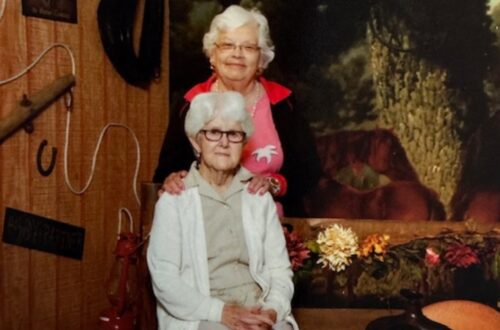
The Dr. said “Dementia”, Now What?
Your doctor said those words and left you reeling. Perhaps he told you there is no cure, and it's terminal. Your mind is racing so much that it's hard to formulate all the questions.
What now?
Is there anything that will slow it down? Are there medications that will help with symptoms? What am I supposed to do? It's not contagious, right? (No.) And many more questions you haven't even considered yet. It's upsetting to be left with what seems to be so many missing pieces to the puzzle.
I get it. I've been with family and friends when they received the diagnosis. It's never fun, and it's always upsetting. I understand.
Let me help first with some basics.
Dementia is terminal in all forms except one, which is termed Reversible Dementia. More on that at a later date. Dementia is an umbrella term covering many separate diseases, including:
- Alzheimer's,
- Vascular dementia,
- Frontotemporal Dementia,
- Lewy Body Dementia,
- Parkinson's and more.
There are some similarities between them, and research shows that many people have mixed dementia, which is a blend of several types. Dementia can be challenging to diagnose due to the wide variety of symptoms. A PET scan, CT, or MRI test lets us see what's happening in the brain. Your doctor will likely have completed at least one of these specialized tests before rendering their diagnosis.
So, what's next?
You can do several things right now to plan for a better future. This is not an exhaustive list, but it will give you a beginning plan.
* See a Specialist.
For a list of what they treat, go here.
* Be active.
Exercise helps you feel better and helps keep your muscles, joints, and heart in good shape.
* Eat a well-balanced diet that includes fruits, vegetables, and whole grains.
According to Harvard Health, this diet "appears to lower the risk of developing Mild Cognitive Impairment (MCI) and slow the progression to dementia in people with the condition.
* Continue to enjoy visits with family and friends, hobbies, and outings. Don't isolate yourself.
Me getting hugs from Mom.
* Do some legal, financial, and long-term planning.
Appoint a Power of Attorney for your medical and the same or another person for your finances. It can be more than one person handling both. National Academy of Elder Law Attorneys can assist you.
* Use simple memory aids.
Use a notepad or sticky notes to jot down reminders, a pillbox to keep medications organized, and a calendar to record appointments.
* Gather close family and friends to discuss future needs.
Tasks might include assistance with doctor visits, transportation, meals, housework, and yard work.)
If you want to stay in your home as long as possible, read this to set yourself up for success.
God bless you on your journey! Life is NOT OVER; there is still much joy to be had.
If you are a caregiver needing practical tips and solutions, I wrote a book just for you. If you'd like to talk to someone who's been there three times and then became certified after two loved ones passed away, book a complimentary call with me. I guarantee you'll leave feeling better about your situation and likely with resources in hand too.
Be blessed!
Debbie @ The Purple Vine





